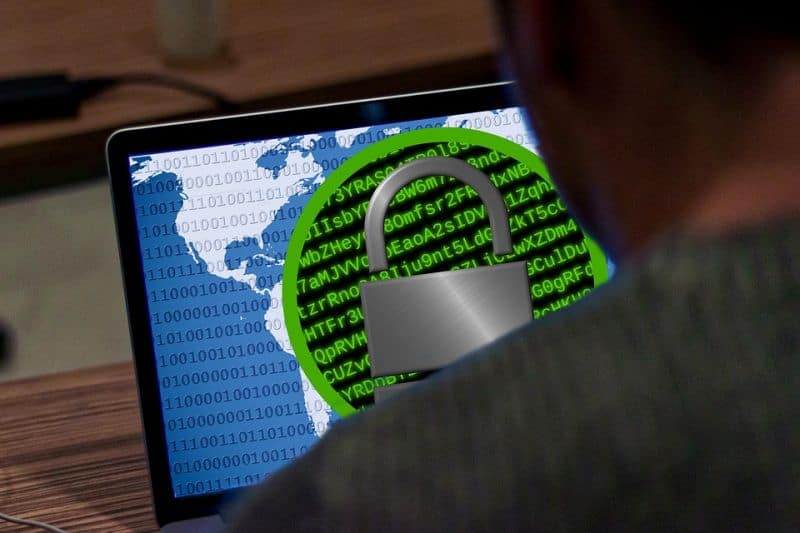Washington: The United States has imposed sanctions on a network individuals and companies accused of forging money to help Iran’s Revolutionary Guards, officials announced.
The sanctions targeted four companies and two individuals involved in printing counterfeit Yemeni currency to benefit Iran, including Iranian national Reza Heidari and Mahmoud Seif, whose nationality was not given, according to a statement yesterday.
The US Treasury said the pair allegedly used the companies — ForEnt Technik and Printing Trading Center in Frankfurt, and Rayan Printing and Tejarat Almas Mobin Holding in Tehran — to evade European export restrictions while procuring equipment used to print fake Yemeni currency potentially worth hundreds of millions of US dollars.
This benefited the Revolutionary Guards’ external operations arm, which has been subject to US sanctions since 2007.
“This scheme exposes the deep levels of deception the IRGC-Qods Force is willing to employ against companies in Europe, governments in the Gulf, and the rest of the world to support its destabilising activities,” Treasury Secretary Steven Mnuchin said in a statement.
“Counterfeiting strikes at the heart of the international financial system, and the fact that elements of the government of Iran are involved in this behaviour is completely unacceptable.”
The sanctions effectively freeze the individuals and companies out of much of the global banking system and bar financial institutions subject to US law from doing business with them.
Under a two-year-old deal signed by the prior administration and heavily criticised by President Donald Trump, the White House has agreed to exempt Iran from sanctions related to its nuclear program.
However, Washington has pursued assertive sanctions unrelated to the nuclear program.
The latest move comes two months after the US slapped sanctions on individuals and companies accused of carrying out cyber-attacks against US banks or acting in support of the Revolutionary Guards.
And the Trump administration imposed new sanctions on the Revolutionary Guards in October, accusing it of providing to support for militant groups including Hezbollah, Hamas and the Taliban.
As far back as 2007, the administrations of Barak Obama and George W. Bush imposed sanctions on the Revolutionary Guards, tying the armed forces to Iran’s ballistic missile and nuclear programs and to human rights abuses.
The 2015 Iran nuclear deal, approved by Obama, required Iran to surrender much of its enriched uranium, dismantle a reactor and submit nuclear sites to UN inspection, while Washington and Europe lifted some sanctions.
US sanctions ‘network’ accused of forging money for Iran

